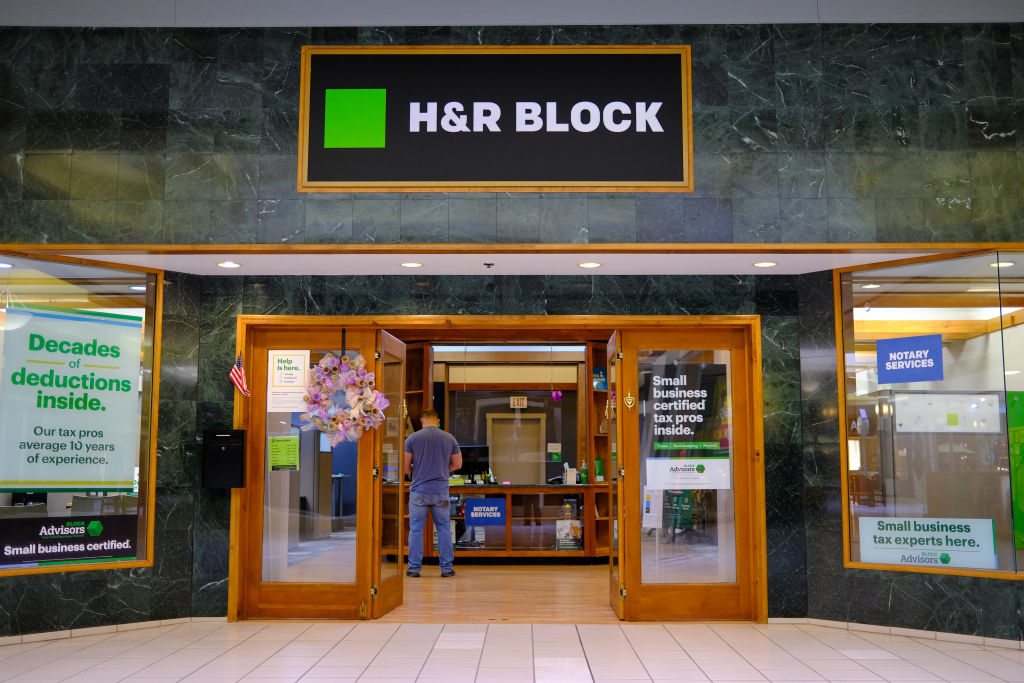Accounting is among the top 10 most popular majors in the U.S., meaning it probably won’t make a dramatic disappearance from the higher education scene soon. What’s more, as a reliable and tried-and-true profession, there’s demand both among students and employers for this field of education.
In fact, accounting and auditor positions are projected to grow 6% in the next decade—as fast as the average rate of all occupations—and the industry is expected to generate more than 136,000 jobs each year until 2031, according to the U.S. Bureau of Labor Statistics. Amid a backdrop of a shortage of accounting professionals, along with steady and growing demand, some people may be looking to enroll in a master’s degree program in accounting.
How much can a master’s of accounting boost your salary? While the worth of a master’s degree in accounting may depend on individualized elements, one thing’s for sure: it can boost your salary.
The average salary for those people with a MAcc degree is $78,000, according to Payscale. That’s slightly higher than the $73,000-plus average salary for people who have obtained CPA licensure—for which a master’s degree in accounting is a common, though not required, step. By comparison, the average salary for accountants more generally is much lower, at about $54,000, Payscale figures show.
CPA licensure can boost your salary potential
One big defining factor associated with salary is completing the necessary licensure to become a certified public accountant (CPA). That said, a master’s degree in accounting and CPA licensure don’t necessarily go hand-in-hand; someone can have a master’s degree and not be a CPA, someone can be a CPA without holding a master’s degree, or someone can have both a master’s and CPA licensure.
One popular reason why students enroll in a graduate accounting program is to obtain the required 150 hours to be eligible to sit for the CPA exam, says Jonathan Stanley, the director of the school of accountancy at Auburn University. While enrollment doesn’t guarantee individuals will pass the exam, it does provide a better chance of getting the coveted CPA licensure, which can bump pay immediately. The national pass rate for the exam hovers between 45% to 55%, per Surgent, an accounting and financial education organization; Stanley says MAcc students at Auburn have a pass rate of about 85%.
No matter how you obtain the required hours for a CPA, Stanley says the licensure opens up more job options with higher salaries—including leadership positions. “If you aspire to be in the corporate suite—you know, CEO, CFO—those types of executive positions are much more available to CPAs than just accountants.”
For many positions in public accounting firms, such as the Big Four, CPA licensure is necessary and master’s programs provide a pathway for individuals to get there.
“Oftentimes, at the larger, more prestigious accounting firms, there is a requirement by say, after maybe two years, you have to pass the CPA exam or else you have to leave the firm,” Stanley says. “That professional designation really is a distinguishing factor.”
How much master’s of accounting grads are earning
The 2021 median pay for accountants and auditors was $77, 250 according to the U.S. Bureau of Labor Statistics, which denotes a bachelor’s in accounting as the minimum qualification needed for the field.
The long-term estimated lifetime earnings for those people who only possess a bachelor’s in accounting is about $2.5 million, while those with a CPA licensure can expect lifetime earnings of around $3.2 million—or 28% more, Tim Gearty of Becker CPA Exam Review, told Accounting Today. For those people who obtain CPA status and hold a master’s degree in accounting, the lifetime earnings is even higher, at an estimated $4 million.
Within specific roles, these salary delineations can also exist. Internal auditors who hold a master’s degree earn 13% more in compensation than people with only a bachelor’s degree, according to the Audit Executive Center at the Institute of Internal Auditors, a resource center for chief audit executives within internal audit departments.
Entry-level accountants won’t be cashing in immediately, notes Troy James, a clinical professor of accounting and director of the master’s of accounting program at Purdue University. “Many of the benefits of having a master’s degree in accounting over a bachelor’s degree in accounting are going to be more long-term,” he says. “There are a lot of studies out there that show that people who hold graduate degrees advanced farther and earn significantly more money than those that don’t, but that’s something that’s reflected later on in your career usually.”
One such study revealed that the pass rate for graduate degree holders was significantly greater than that for bachelor’s degree holders, which reveals that the graduate degree is a key component to success on the CPA exam—and ultimately greater success in the job market in terms of higher salaries. The study also indicated that people who hold a master’s degree were more likely to be promoted to senior manager and partner positions. Additionally, it found that those people who obtained a bachelor’s of accounting equivalent to 150 credits are the least likely to reach the top positions in Big Four firms.
While accounting can offer different specializations and outlets for higher salary potential, James says it’s unlikely that a master’s in accounting is going to help you climb the ladder in your career if you’re already versed in the field.
“It’s rare to find somebody who has experience in accounting going back to get a master’s degree in accounting later on,” James tells Fortune. “If anything, you see career changers doing it, but I think that’s just because of the nature of the industry.”
Check out all of Fortune’s rankings of degree programs, and learn more about specific career paths.







